A sense of the absurd can help us to be more creative. It feels particularly important in 2020 when many of us are feeling alarmed and sometimes baffled by events in the world.
So we were interested in this article, spotted by our friend Marigo Raftopoulos: A touch of absurdity can help you wrap your mind about reality.
It highlights two different, somewhat opposing, ways in which we can respond to absurd things happening. One response is to meet the challenge to our sense of normality by doubling down on our existing beliefs. Two groups were given alternative stories to read, a surreal one by Kafka and a more straightforward one by Aesop. The Kafka readers “compensated for their feelings of uncertainty by reaffirming their cultural identity” – significantly more so than the Aesop readers.
On the other hand, we could respond to challenging art or ideas by allowing our worldview to change. The article suggests that humour is a key factor in generating the more creative, rather than conservative, response:
“Paradoxically, humour can similarly diminish the psychological effects of the absurd. In another of Heine’s studies, volunteers read a story based on an iconoclastic Monty Python sketch. As expected, they demonstrated fluid compensation as a result (in the form of harsher moral judgments) – but only if they didn’t understand that it was a joke.”
So when facilitating, we might want to think about how we ourselves respond when uncomfortable and strange things happen. Perhaps by responding more cheerfully we can help encourage more imaginative thinking, rather than digging heels in.
Subscribe to our newsletter to get regular articles like this one.
(Photo by Steve Harrris on Unsplash)
